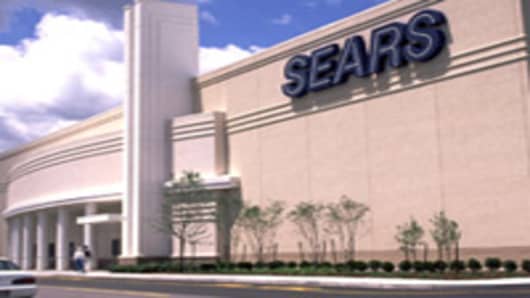Many industry analysts have questioned whether these steps are the right approach, but given concerns about Sears’ liquidity, it appears they are necessary. Credit-rating firms have downgraded Sears Holdings debt to “junk” territory, and earlier this month, Lampert’s hedge fund was forced to step up to make sure its vendors would continue to supply products to Sears stores by buying “receivable put agreements,” which help protect a vendor if its customer files for bankruptcy protection before paying for goods that were shipped. This measure was taken after reports surfaced that CIT had stopped providing loans to vendors who were waiting payment for goods on behalf of Sears.
During the interview with CNBC, Lampert did not discuss Sears’ business in detail, but he said the company’s ideas “are becoming more obvious and more apparent to other companies and to I think other observers in general. The hard part is executing.”
He also said that Sears is not alone in its need to change.
“J.C. Penney is in need of reinvention, Sears is in need of reinvention, Best Buy[is] in need of reinvention,” he said. “And that means that you’re going to have to try new things. If you’re unwilling to try new things and to fail and learn, you don’t have a shot. That doesn’t mean you are going to be successful, but you have to try to change.”
Lampert cited examples such as a shift to smaller format stores and to Tesco’s decision to use some of its stores essentially as distribution centers for online order fulfillment, as an example of the innovative approaches some companies are taking to deal with changes in the retail industry.
Questions? Comments? Email us at consumernation@cnbc.com. Follow Christina Cheddar Berk on Twitter @ccheddarberk.




